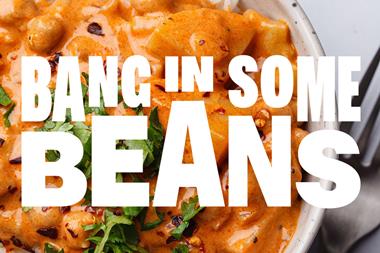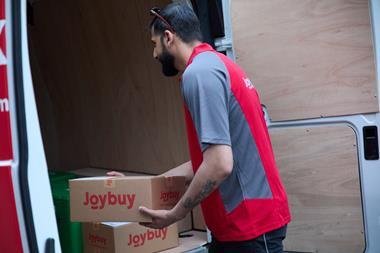As a result of the recession, there’s a heightened sense of anticipation in every announcement at the moment, good or bad, but C4’s devotion of seemingly its entire late-January schedule to food and drink-based issues is such, to paraphrase the late Tony Hart, that we’re sorry that we can’t include all the great stories out there in this issue.
The story that really caught my eye, however, was a new £10m private equity fund for the food and drink industry set up by Spayne Lindsay. What intrigues me is the timing, the size of the fund, and the model it’s using.
With the debt markets in paralysis, private equity is about as fashionable as Champagne and Aston Martins at the moment. But with many companies in distress, and prices as cheap, cheap, cheap as the cuts of British pork Jamie Oliver will next week be plugging, there are bargains to be had, and indeed Grant Thornton this week predicted an upturn in M&A in 2009 as well-capitalised corporations such as Unilever and Tesco prepare to swoop on distressed companies.
But Spayne Lindsay’s fund interests me more because it updates the now outmoded private equity model with an intriguing new twist. For, as well as being a small fund (meaning fund managers won’t feel obliged to invest because the money needs to be spent), there will be no debt involved in any of the deals. Instead of weighing down small companies with unneeded interest payments as a penalty for capital, the focus will be on advice: the advisory panel will all be investors, and will comprise seasoned food and drink industry professionals, to provide honest feedback and, one suspects, realistic levels of capital, in return for a potentially valuable stake.
With secondary and tertiary buyouts another symptom of the credit bubble, it proved many business angels were only ever interested in a fast buck. Now they can give real value back.
Sign in to comment on this article
Not logged in before? Register for FREE guest access today.
You will be able to:
- Read more stories
- Receive daily newsletters
- Comment on stories
Advert


















No comments yet